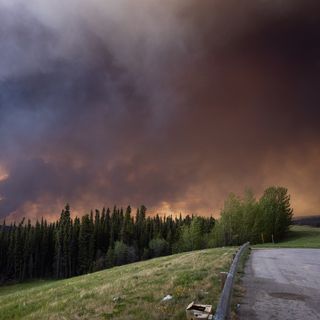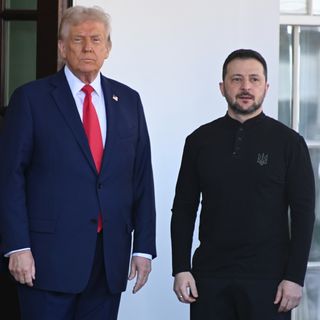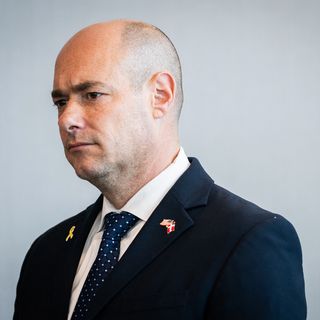Windsurf's CEO says big teams can kill new ideas
Shannon Fagan/Getty Images
- Having as many as 10 people working on an unproven idea can backfire fast, said Windsurf's CEO.
- Varun Mohan said on a podcast that it's "very hard" for big teams to "get alignment."
- Early-stage product teams should ideally have three to four people, he added.
When it comes to building new products, a bigger team isn't always better. It might be what kills the idea altogether, said Windsurf's CEO, Varun Mohan.
Mohan said on an episode of the "Twenty Minute VC" podcast published Monday that having as many as 10 people working on an unproven idea can backfire fast.
"Everyone has opinions. Everyone has ideas. And nobody's ideas are wrong — because no one has proven anything," he said.
"It's very hard to get alignment. It's very hard for people to work in one direction without causing communication issues," he added.
Windsurf, founded in 2021 as Codeium, created an AI-powered coding development tool and has been riding the vibe coding wave. According to PitchBook, it has raised $243 million in VC funding.
Mohan recommends keeping early-stage product teams lean — ideally just three to four people.
It could be a couple of engineers and a designer — or if it's a pure systems problem, just engineers, he added.
A small, "opinionated" group moving fast to prove an idea is "actually really good," he said.
Even a "crappy" version of a great idea is "already amazing," he said.
"Once you've proven the crappy version has legs, you can then go and resource more people on the project to actually go out and and pursue it more deeply."
Windsurf isn't the only startup espousing small teams. Some of AI's biggest names have built upon tiny teams, such as Anysphere, the maker of coding copilot Cursor.
The advent of AI has also enabled startups to do more with less, prompting some founders to maintain extremely lean teams.
"We're going to see 10-person companies with billion-dollar valuations pretty soon," OpenAI's CEO, Sam Altman, said in February 2024.
No budgets set for new ideas
Mohan also said that Windsurf doesn't set specific budgets for these early-stage projects.
"We're in an unconstrained market," he said. Technology that could accelerate software development "is so valuable" to customers that the company doesn't approach new ideas with fixed budget constraints, he added.
Instead, Windsurf evaluates progress over time and decides whether to keep going, hit pause, or shift resources elsewhere.
"That's not a democratic process," Mohan added. "It's a little bit of a top-down process."
Windsurf did not respond to a request for comment from Business Insider.





